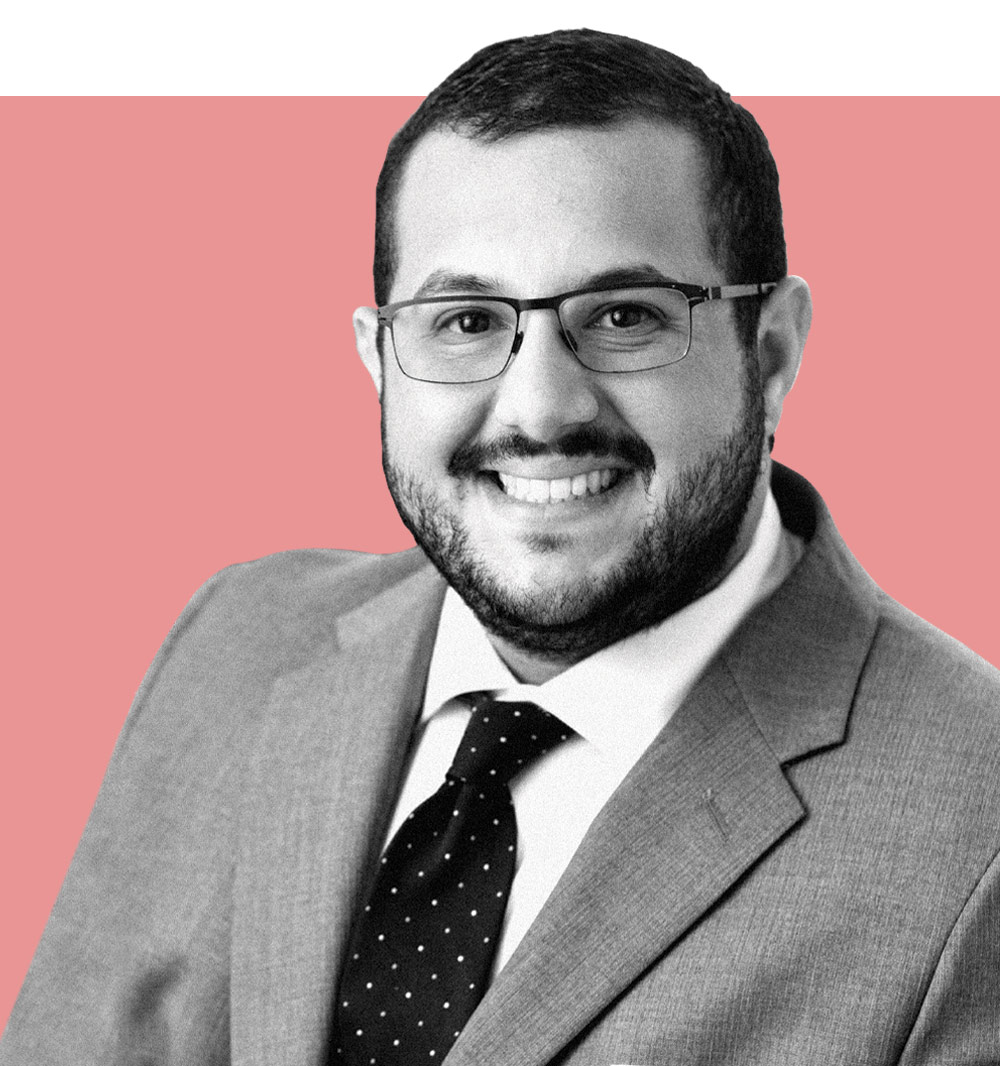
ociety’s most vulnerable, especially children, motivate Harper Seldin C’11, L’14 to work on pro bono civil rights projects.
“To me, it’s ‘people first’ and ensuring that all the promises of our country’s civil rights laws are kept,” said Seldin, who joined Cozen O’Connor’s Business Litigation Department in 2016.
In one recent case, Fulton vs. City of Philadelphia, Seldin worked on an amicus brief to the Supreme Court on behalf of former foster children in opposition to government-contracted foster care agencies who claim a constitutional right to discriminate against prospective foster parents in same-sex couples.
The Cozen O’Connor pro bono team, including Seldin, represented FosterClub and Former Foster Youth. The brief documented a shortage of foster parents and included statements from former foster children who said they would have welcomed living with same-sex foster parents. The case was argued before the Supreme Court on Nov. 4.
“At the heart of the case are these foster children who need a home and need a home now,” he said.
Seldin’s civil rights pro bono work started with Doe vs. Boyertown Area School District. The federal case began in 2017 when Cozen O’ Connor was pro bono co-counsel with the ACLU of Pennsylvania and the ACLU LGBT & HIV Project. It involved cisgender high school students suing the school district for allowing transgender students to use the bathrooms that matched their gender identity.
“It’s disappointing but not terribly surprising that impact litigation is involving a teenager literally just trying to use a bathroom at a public high school,” said Seldin, referring to a transgender student. “If that’s where the fight is, that’s where I want to be, because I think it’s important that those individuals and our community have excellent representation in a fight that transgender students have not invited.”
Aligning with the school district, Cozen O’Connor and the ACLU represented a transgender student who had recently graduated from the high school and the Pennsylvania Youth Congress, a youth-led advocacy organization for young LGBTQ+ Pennsylvanians.
While the case was originally just between plaintiffs, students who opposed the school district’s inclusive bathroom policy, and the school district as a defendant, Seldin said Cozen O’Connor and the ACLU felt strongly about representing affected transgender teens at the school. “This is about transgender students, and they should be represented during litigation that is fundamentally about them and their right to exist,” he said.
The case began at the district court level in the Eastern District of Pennsylvania, where the plaintiffs filed a motion for a preliminary injunction. The court denied the motion, holding that the plaintiffs did not prove they would suffer irreparable harm or show a likelihood that their constitutional rights were violated. A major factor in that decision, Seldin said, was the availability of single-user bathrooms on campus that any student could use for additional privacy.
“(The plaintiff) immediately appealed to the Third Circuit, and we had an oral argument on that a year later,” Seldin said. After just a half-hour recess, the panel of judges announced their decision upholding the district court from the bench. “The immediate victory that day really spoke to how strongly the panel felt,” he said.
The school district and the clients represented by Cozen O’Connor and the ACLU won a final victory last fall after plaintiffs’ cert petition was denied and the plaintiffs withdrew their complaint.
Seldin also serves on the governing board for the Youth Sentencing & Reentry Project, which works to keep children out of adult jails and prisons, and on behalf of individuals who have been sentenced as children to life in prison without parole. These cases, he said, disproportionately affect people of color.
“If we as a society are not prepared to give grace and compassion to children despite their alleged conduct, and unfortunately, because of the color of their skin, we’re not doing our job,” Seldin said. “That’s not the society I want to live in.”